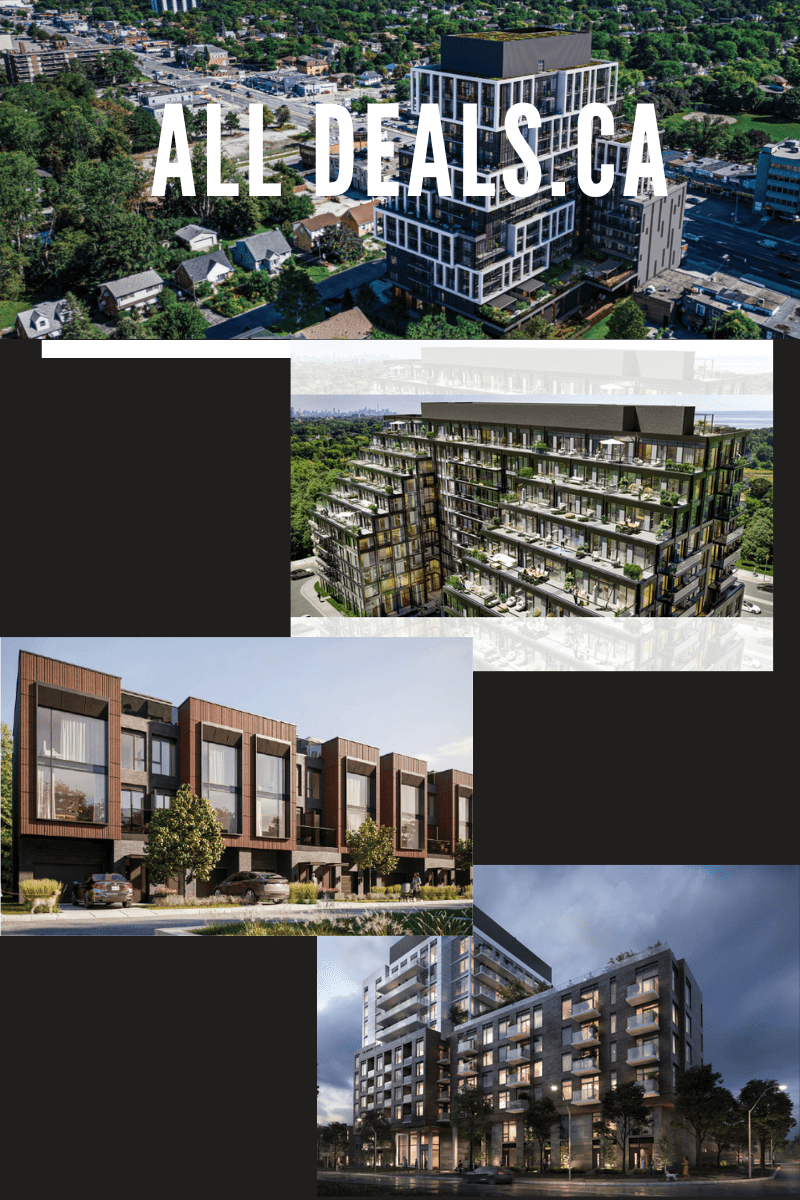The state of the economy is a crucial factor to consider when purchasing pre-construction properties. Economic conditions can significantly impact the real estate market, influencing property values, mortgage rates, and overall investment viability. Here are key considerations related to the economy when buying a pre-construction property:

Interest Rates:
- Economic conditions, particularly monetary policy set by central banks, can affect interest rates. Low interest rates generally make financing more affordable, potentially increasing demand for real estate.
Job Market:
- A robust job market with low unemployment rates tends to contribute to a stable and growing real estate market. Economic downturns or job market uncertainties may impact the ability of buyers to secure mortgages and influence demand for housing.
Consumer Confidence:
- The confidence of consumers in the economy plays a role in their willingness to make significant investments, such as buying real estate. High consumer confidence often correlates with a strong real estate market.
Inflation and Affordability:
- Inflation can impact the cost of living, including housing expenses. Buyers should consider how economic factors may affect the affordability of the property, taking into account potential increases in construction costs and property values.
Local Economic Growth:
- Evaluate the economic health and growth prospects of the specific region where the pre-construction property is located. Areas experiencing economic growth may have better long-term prospects for property appreciation.
Government Policies and Regulations:
- Changes in government policies, tax regulations, or incentives can influence the real estate market. Stay informed about any government initiatives that may impact the purchase, such as tax credits for first-time homebuyers.
Credit Availability:
- The availability of credit in the financial system can affect the ability of buyers to secure mortgages. Economic downturns may lead to tighter lending standards, making it more challenging for some buyers to qualify for loans.
Market Trends:
- Analyze historical market trends and consider economic forecasts to understand the potential trajectory of the real estate market. Economic indicators such as GDP growth, housing starts, and construction spending can provide insights.
Developer Stability:
- Consider the financial stability of the developer. Economic downturns can pose challenges for developers, impacting their ability to complete projects. Choose developers with a track record of success and financial stability.
Resale Value:
- Economic conditions can influence the resale value of the property. Assess the potential for property appreciation over time based on economic indicators and market trends.
Buyers should conduct thorough due diligence and work with real estate professionals to assess how current and potential economic conditions may impact their investment in a pre-construction property. Staying informed about economic factors allows buyers to make strategic decisions that align with their financial goals and risk tolerance.

